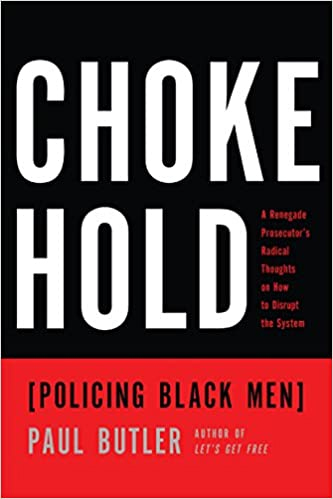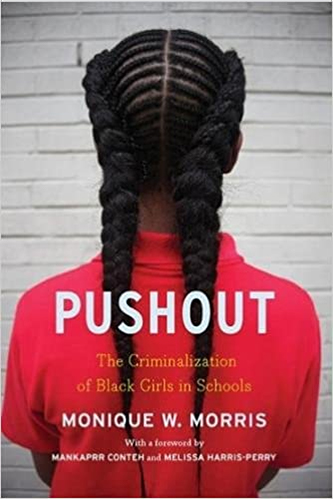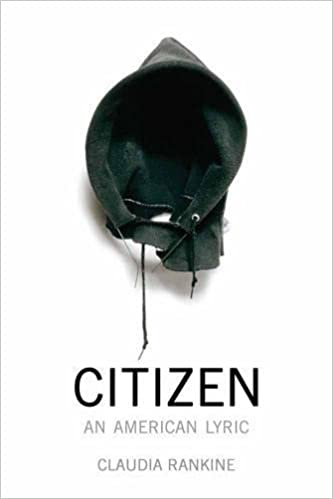Calls for “social justice” have appeared throughout the history of humankind. They form a central part of Judeo-Christian, Islamic, and indeed virtually all faith traditions. Likewise, emphasis on social justice appears in the governing structures of many nations—in their laws and constitutions, and in their legislative and judicial bodies. Yet, despite the lofty references to justice found in revered religious and secular governing documents, struggles for social justice have continued over millennia across the globe. In the United States, our boasted “rule of law” enabled racial slavery to thrive for two centuries before the Civil War, and it enabled convict leasing to thrive in the late nineteenth century well into the twentieth. Both slavery and convict leasing operated legally as state-sanctioned economic exploitation of the bound labor of African-descended persons. These coercive systems, as well as racial segregation laws, voter disfranchisement laws, and other forms of racial discrimination relied on state-power for enforcement, and the key to this enforcement was policing. Be they the slave catchers, sheriffs, and armed vigilantes in an earlier era, or the urban police forces in the twentieth and twenty-first centuries, policing undergirds racial oppression by violent means of surveillance, arrest, and confinement. Racist perceptions have served in the past and present to criminalize Black families and the Black identity itself, thereby justifying mass incarceration and acts of police brutality. Thus, the centuries-long quest for a more perfect union can find no better example than the quest of Black communities for justice in America.
Books
- Balto, Simon. Occupied Territory: Policing Black Chicago from Red Summer to Black Power. United States: University of North Carolina Press, 2019.
- bandele, asha., Davis, Angela., Cullors, Patrisse. When They Call You a Terrorist: A Black Lives Matter Memoir. United States: St. Martin’s Publishing Group, 2018.
- Butler, Paul. Chokehold: Policing Black Men. United States: New Press, (n.d.).
- Camp, Jordan T. and Christina Heatherton, eds. Policing the Planet: Why the Policing Crisis Led to Black Lives Matter. United Kingdom: Verso Books, 2016.
- Davis, Angela Y. Are Prisons Obsolete?. United States: Seven Stories Press, 2011.
- Dulaney, W. Marvin. Black Police in America. United States: Indiana University Press, 1996.
- Felker-Kantor, Max. Policing Los Angeles: Race, Resistance, and the Rise of the LAPD. United States: University of North Carolina Press, 2018.
- Forman, James. Locking up Our Own: Crime and Punishment in Black America. New York: Farrar, Straus, Giroux, 2017.
- Kali Gross. Colored Amazons: Crime, Violence, and Black Women in the City of Brotherly Love, 1880–1910 (2006).
- Hagan, John, and Ruth D. Peterson. Crime and Inequality. Stanford, CA: Stanford University Press, 1995.
- Hinton, Elizabeth Kai. 2021. America on Fire: The Untold History of Police Violence and Black Rebellion Since the 1960s. New York: Liveright, 2021.
- Koher-Hausmann, Issa. Misdemeanorland: Criminal Courts and Social Control in an Age of Broken Windows Policing. Princeton, NJ, 2018.
- Lowery, Wesley. They Can’t Kill Us All: Ferguson, Baltimore, and a New Era in America’s Racial Justice Movement. United States: Little, Brown, 2016.
- Manuel, Ian. My Time Will Come: A Memoir of Crime, Punishment, Hope, and Redemption. United States: Knopf Doubleday Publishing Group, 2021.
- Morris, Monique W. Pushout: The Criminalization of Black Girls in Schools. United Kingdom: New Press, 2016.
- Rankine, Claudia. Citizen: An American Lyric. United States: Graywolf Press, 2014.
- Ransby, Barbara. Making All Black Lives Matter: Reimagining Freedom in the Twenty-First Century. Berkeley: University of California Press, 2018.
- Ritchie, Andrea, J. Invisible No More: Police Violence Against Black Women and Women of Color. Boston, MA: Beacon Press, 2017.
- Roberts, Dorothy, E. Killing the Black Body: Race, Reproduction, and the Meaning of Liberty. New York: Vintage, 1997.
- Story, Brett. Prison Land: Mapping Carceral across Neoliberal America. Minneapolis: University of Minnesota Press, 2019.
Articles
- Gross, Kali N., and Cheryl D. Hicks. “Introduction—Gendering the Carceral State: African American Women, History, and the Criminal Justice System.” The Journal of African American History 100, no. 3 (2015): 357-65. https://doi.org/10.5323/jafriamerhist.100.3.0357
- Hinton, Elizabeth Hinton and DeAnza Cook, “The Mass Criminalization of Black Americans: A Historical Overview,” Annual Review of Criminology 4, no. 1 (2021): 261-286. https://doi.org/10.1146/annurev-criminol-060520-033306
- Murch, Donna. “Crack in Los Angeles: Crisis, Militarization, and Black Response to the Late Twentieth-Century War on Drugs,” Journal of American History 102, no. 1 (2015): 162–173. https://doi.org/10.1093/jahist/jav260
- Taylor, Clarence. “Introduction: African Americans, Police Brutality, and the U.S. Criminal Justice System: Historical Perspectives,” Journal of African American History 98, no. 2 (2013): 200-205. https://doi.org/10.5323/jafriamerhist.98.2.0200
- Western, Bruce, and Christopher Wildeman.“The Black Family and Mass Incarceration.” The Annals of the American Academy of Political and Social Science 621, no. 1 (2009): 221–242. https://doi.org/10.1177/0002716208324850
Videos
- When They See Us (Netflix)
“Five teens from Harlem become trapped in a nightmare when they’re falsely accused of a brutal attack in Central Park. Based on the true story.” https://www.netflix.com/title/80200549

Links- Related Organizations and Projects
- Center for Policing Equity
“Center for Policing Equity’s work continues to simultaneously aid police departments to realize their own equity goals as well as advance the scientific understanding of issues of equity within organizations and policing.” https://www.policingequity.org/
- The National Bail Out Collective
The National Bail Out Collective is committed to getting our people free through bail outs, advocacy, and leadership development. https://www.nationalbailout.org/
- Say Her Name: Resisting Police Brutality Against Black Women report from African American Policy Forum (AAPF) and Center for Intersectionality and Social Policy Studies (CISPS). The organization brings awareness to the often invisible names and stories of Black women and girls who have been victimized by racist police violence, and provides support to their families.
The primary purpose of this guide is to serve as a pragmatic tool for individuals and communities organizing and advocating for non-police mental health crisis responses, and to offer key considerations for what can be a complex, costly, and long-term intervention strategy.

Podcasts
Digital Humanities projects
- LEAP
“LEAP is the Law Enforcement Accountability Project, a propulsive fund dedicated to empowering activists as they pursue narrative change around the police abuse of Black People.” https://www.leapaction.org/
- A People’s Archive of Police Violence in Cleveland
“A People’s Archive of Police Violence in Cleveland collects, preserves, and shares the stories, memories, and accounts of police violence as experienced or observed by Cleveland citizens.” https://www.archivingpoliceviolence.org/
- Mapping Police Violence
Mapping Police Violence is a research collaborative collecting comprehensive data on police killings nationwide to quantify the impact of police violence in communities. https://mappingpoliceviolence.org/
Activities and Materials:
- The HistoryMakers Digital Archive – Look at stories by African Americans, two of whom are on the Chicago police force. Discuss the complexity of the issues described by their firsthand accounts:
- Howard Saffold on Police Brutality and his work organizing Black Policemen– Chicago in 1970s
- Renault Robinson recalls his legal fight to get Black policeman on the Chicago police force in the 1970s and his activism in the Black community
- The Honorable Les Brown on Police Brutality – Columbus, Ohio in 1970s
- Read about Prison Hunger Strike Agreements (2012)

